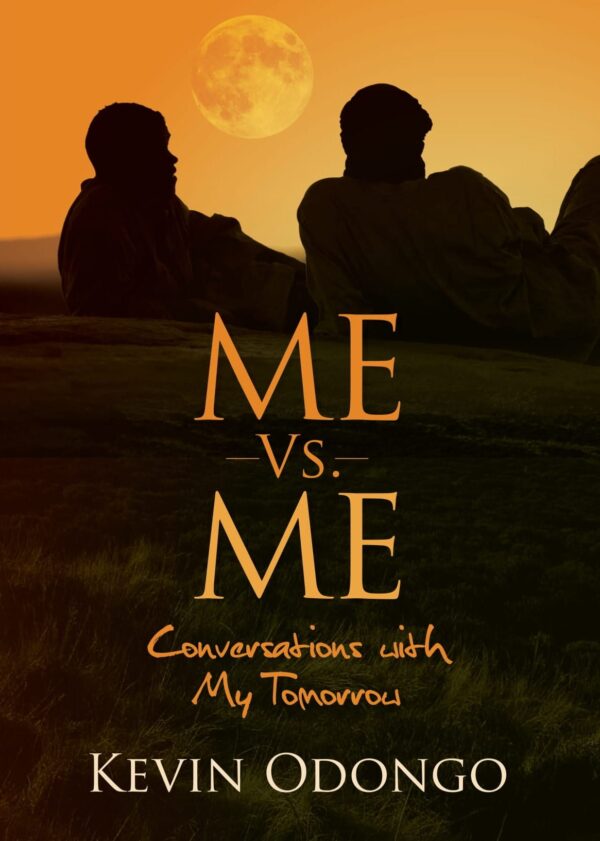KSh1,090
To read this biography of Rev. Canon Apindi is to be challenged by his courage and selfless efforts to help his people and to preach to them the Gospel of Jesus Christ. He met opposition, discouragement, and was often in danger, but he refused to give up. This book goes forth with the prayer that God will use it to raise up those who will like Apindi, be prepared to venture for the sake of the Lord Jesus Christ.
26 in stock
Description
Peter Albert Indalo was born in 1945 in Western Kenya. He was educated at Bware Primary School and Pe-Hill Secondary School. After leaving school he became a teacher at Ranen School and then joined the Ministry of Works as a clerical officer. In 1969 he heard the call of God to enter the full time ministry. He resigned his post and the following year went to St. Paul’s Theological College, Limuru, Kenya. It was while studying for his Diploma in Theology that this book was written. The manuscript won First Prize in an All-Africa competition organized by Evangelical Literature Overseas.





Such a great and inspiring read! This autobiography is a must have!
Great book
The preface by the late Bishop O’lang gives a good expected insight on the book and visibility too.
The introduction gives an insight of the Africa tradition and way of life before Christianity come in place. It also highlights on the way of life and how conflict was resolved in the African traditional way and the gods who were sought at the time.
Chapter 1 gives a good justification of separation of togetherness of the Luo community through the “dissected alive because of bead”as well demonstrate a fathers love for his son and how effective story telling is to make one understand a situation as well as brings about bonding of parents to children. Removal of the teeth and how it denotes manhood illustrate how passage of rite was not as easy as many would think and what it felt for the youngman being embraced as a man. The chapter also introduce the concept of the “white man”penetrating the Luo lands, not forgetting it also highlights on the slave trade that was already on going in the land.
Chapter 2; Bring with it the onset of colonialism and introduction of locomotives such as trains and humans being seen as labours as househelp. In a snapshot introduction of English and Swahili too. Despite the challenges Apindi was facing, his perseverance brings about how effective our upbringing can influence tolerance and abuse “He had been taught that man was meant to face difficulties without grumbling and he learnt to accept his new way of life.’ Apindi traditional believes costed him education but his determination made him to progress in his education. The chapter closes with the entry of swahili bible that was a great tool to influence Christianity among the natives.
Chapter 3: Brings with it the component of “literacy’ as it would be said, but i see it different its a community being accustomed into believing another person culture through reading of a letter. A letter that has become captive to the whole village until they get someone to read it, what a treasure!